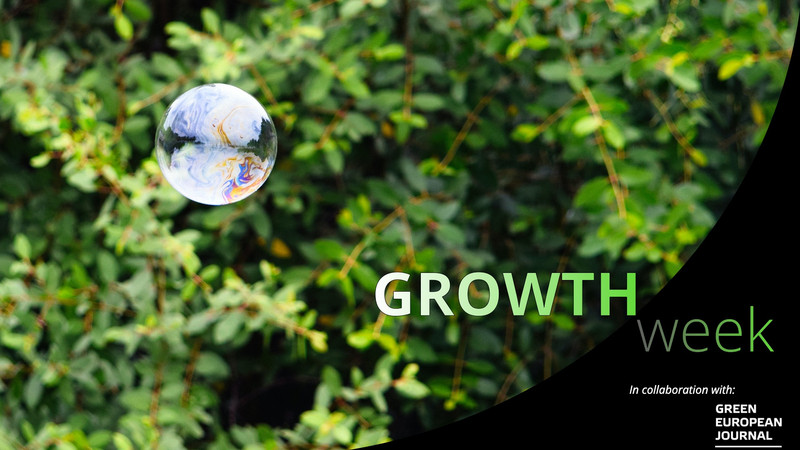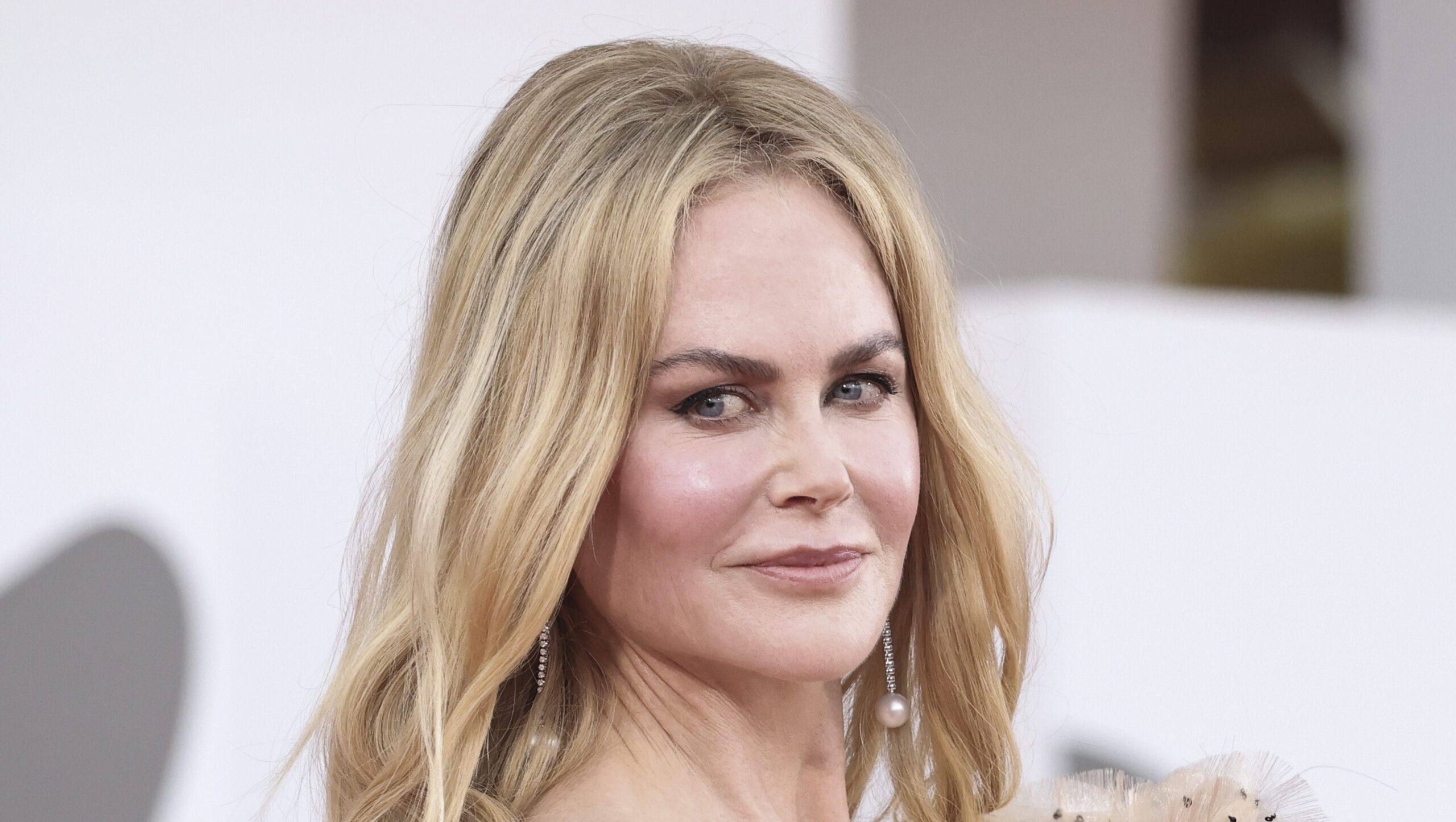EU & the World
What Is Economic Resilience And Why Does It Matter?

Various organizations, such as the UN and OECD, have called for more resilient economic systems. What is economic resilience?
It is important to clarify briefly what economic resilience does not mean. It’s not just the ability to absorb shocks, and return to the status quo quickly. Our economies struggle to deliver environmental and socio-economic progress. No country has been able to provide prosperity and wellbeing for all its citizens, while still staying within the limits of the planet. The future looks bleak if we continue on our current path.
The European Commission has developed a holistic, forward-looking concept of resilience. In the wake of the pandemic, the European Commission said that resilience is the ability to not only withstand and cope but also to transform on a sustainable, equitable, and democratic basis.
Other words, resilience is more than just bouncing back. It’s about bouncing forward.
Resilience is an important trait for the economies of tomorrow. We need resilient economies to achieve a successful green shift without compromising social goals. Economic resilience can guide us out from polycrisis. The problem is that no one is really sure what it is.
How can we be sure that we are heading in the right direction without a definition or a gauge?
A new research provides a comprehensive measure for economic resilience in the EU. The research concludes that Scandinavian economies have the highest level of resilience. Italy, ranked 19th among the major economies, is the least resilient. No country in the EU is more resilient than Romania.
The new Economic Resilience Index aims to fill the void of a measure that measures how well economies can adjust to change while staying on track with long-term social, environmental goals.
The ZOE Institute has been working on the index for nearly a year. We began by defining the higher purpose of the economic system: to provide well-being for the present and future generations, within the limits of the earth.
We divided this into six core functionalities. We then examined understandings in psychology and ecosystems fields to answer the question, “What is resilience?” We then selected 27 indicators to evaluate the six functions based on our understanding of psychology and ecosystems.
The Economic Resilience Index provides a snapshot of the EU economies’ ability to absorb, recover and adapt to shocks. An economy can only thrive in times of transition if it is strong on all three dimensions – absorption, recovery, and adaptation. The index provides insight into how well economies are prepared to deal with crises that have not yet occurred and for future transitions.
Sweden top, Romania bottom
The results show a huge difference in the resilience of EU member states. The Nordic countries are the best performers in the ranking. Sweden is the top country, followed by Denmark and then Finland. Bulgaria, Greece and Romania are the top three.
The bottom countries perform worse than those at the top on all six “dimensions” necessary for resilience. This divergence is a major problem, because the highly integrated European economies is only as strong and as resilient as its weakest parts. A lack of resilience within one nation’s economy can have negative effects on the entire European economy.
The weakest countries are those that have been hit the hardest by recent crises, whether it be high inflation, the economic impact of Covid-19 or the euro crisis. National economies that have suffered in the past are less prepared for the next crises and less able to make the necessary transitions. These economies are already vulnerable due to their long-standing fragility, whether it is because of regional inequality, reliance on a few industries, weak institutions, poor education outcomes, or any other factor. This vulnerability is exacerbated when a crisis strikes.
Some large and powerful members with historically strong economies are also comparatively ill-prepared to meet future challenges. France is ranked 11th. Spain and Italy are in 18th and 19.
Italy is a strong performer in terms of factors that determine ‘economic independence.’ These include things like its complexity and diversity of exports and imports. These factors are not enough to allow it to move forward. It is weak on a number of other aspects that are necessary for resilience. These include education and skills as well as investment, social cohesion and regional inequality.
Austria is a good example of a country that has a different approach. Austria is ranked 6th overall, and has high scores in areas such as social progress, quality of its institutions, and production capacity. This masks its weaknesses when it comes economic independence – its supply chains and energy dependence make it vulnerable.
The Index as a collective reveals another important lesson: Gross Domestic Product (GDP), the dominant measure of performance, is not a reliable indicator of an economy’s ability to thrive during times of change. We found a weak correlation between resilience scores, and GDP. When crises strike, relying on GDP alone as the most important indicator will not get our economies on track for environmental and social goals.
If Europe as a collective is to be able to navigate the future turbulence successfully and achieve sustainable prosperity, we will need to address disparities between EU economies. To do this, we will need to take a socio-ecological perspective when assessing economic performance. Economic resilience can be a compass.
EU & the World
Nicole Kidman ‘Didn’t Feel Exploited’ Filming Erotic Scenes in ‘Babygirl’ Movie

The actress previously told ‘Vanity Fair’ that she felt ‘very exposed’ while working on ‘Babygirl.’
EU & the World
Adam Brody to Star as Hot Rabbi in Netflix Film ‘Nobody Wants This’

Adam Brody will play a hot rabbi in Netflix’s ‘Nobody Want This’ starring alongside his on-screen love interest Kristen Bell.
EU & the World
JD Vance Mocks Kamala Harris’ CNN Interview

Donald Trump’s running mate compared the vice president’s CNN interview to former Miss South Carolina Caitlin Upton’s 2007 speech.
-

 Sports6 days ago
Sports6 days agoOfficial: Juventus announces sixth purchase
-

 Health & Society6 days ago
Health & Society6 days agoThe intoxicated society
-

 Health & Society2 days ago
Health & Society2 days ago7 Superfoods That Will Boost Your Fitness Results
-

 Politics4 days ago
Politics4 days agoThe Russian patriarch to Putin: You are the first truly Orthodox president
-

 Sports5 days ago
Sports5 days agoBeautiful Juve: Vlahovic and youth rout Verona. Thiago Motta first
-

 Sports5 days ago
Sports5 days agoJuventus, Vlahovic: “Now we play a different game.”
-

 EU & the World3 days ago
EU & the World3 days agoGrier Henchy Wears Mom Brooke Shields’ 1997 Wedding Dress to HS Graduation
-
Travel1 day ago
Venice 2024 review: ‘Babygirl’ – Nicole Kidman shines in sex-positive BDSM drama









